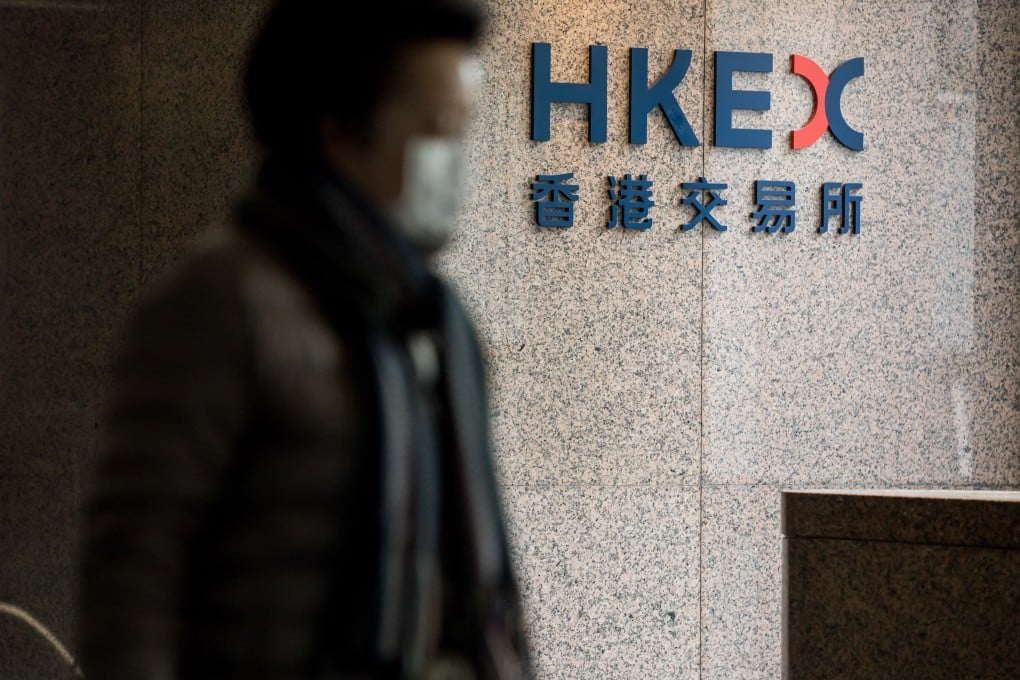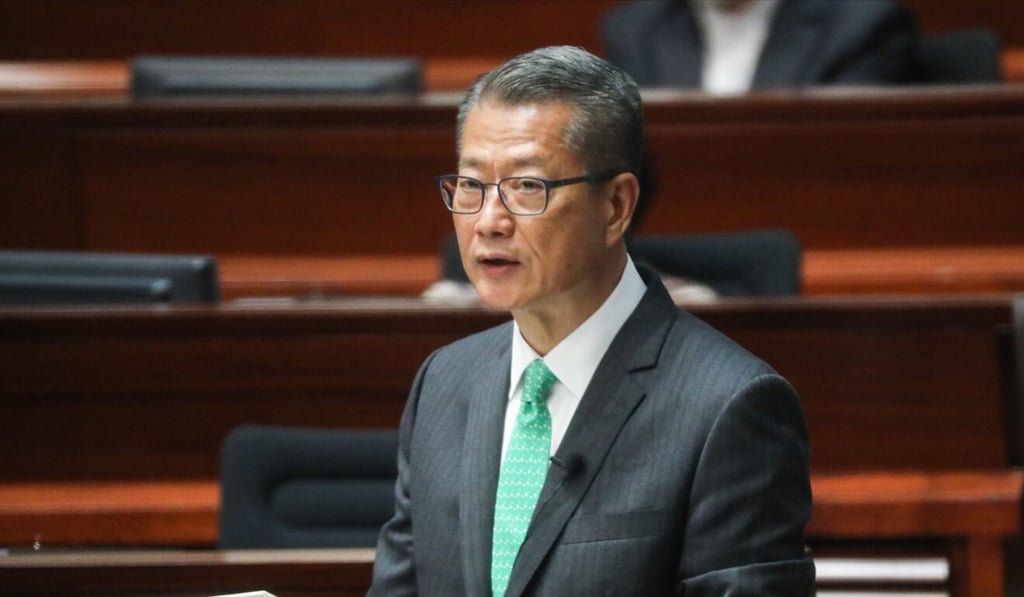Hong Kong raises equity trading stamp duty first time in three decades as stock exchange posts third straight year of record profit
- The stamp duty on stock trades by both buyers and sellers will each be increased to 0.13 per cent from the current 0.1 per cent
- Shares of HKEX plunged closed the day 8.8 per cent lower at HK$509, after plunging by as much as 12.2 per cent, wiping out HK$62 billion in market value

Hong Kong’s government increased its stamp duty on equity transactions on the city’s stock exchange for the first time in almost three decades to fund a widening budget deficit, just as the world’s most valuable exchange operator reported its third record year of profits.
“The government will continue to spare no efforts in introducing measures to facilitate the development of the securities market, so as to take our financial services sector to the next level,” Chan said. He said that the decision had been made after duly considering the impact on the securities market and international competitiveness.
Higher fees on stock trading could help lift government revenue from stamp duties by HK$12.9 billion to HK$92 billion in the 2021/22 fiscal year, Chan forecast in his budget. The stamp duty on stock trades by both buyers and sellers will each be increased to 0.13 per cent from the current 0.1 per cent.

The government identified the stock trading stamp duty as the most viable revenue source with “the smallest impact” out of all potential income sources, according to a senior government source, adding that the aim of the stamp duty is not to hurt the city’s stock exchange or the market.